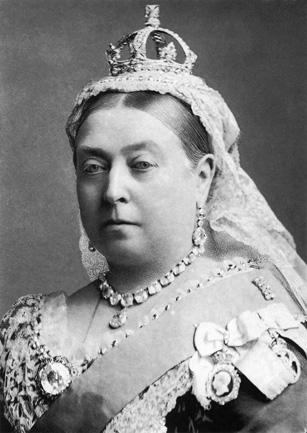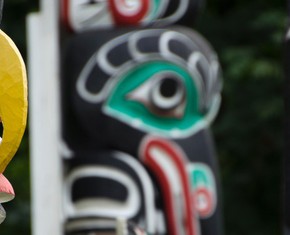The views expressed in our content reflect individual perspectives and do not represent the authoritative views of the Baha'i Faith.
As I studied them, I realized that the modern teachings of the Baha’i Faith seemed extraordinary. The way they had affected the Baha’is themselves was compelling enough to make me seriously consider the Faith for myself.
But in the end, intriguing principles and an interesting take on religious history didn’t convince me to take the plunge and join a new religion. I needed something more.
I had to ask myself: was the Baha’i Faith true? For me, that all depended on its prophet Baha’u’llah.
Baha’u’llah was born into a wealthy, well-connected family in the kingdom of Persia in 1817. He had the kind of career prospects many would envy: his father was a highly-placed government minister in the court of the king, and when he died, everyone assumed that Baha’u’llah would take his place.
Just one tiny problem—Baha’u’llah had no interest in that life. He may have been born into the 1%, but his actions already demonstrated that he didn’t intend to stay there. He spent his time serving those who were excluded from society but dear to God. He gave away so much of his wealth in caring for others that he became known far and wide as the “Father of the Poor”.
In Persia at that time, a religious revolution occurred. A young man called the Bab proclaimed that a new day had come, and that God would soon send a new messenger to the world. This, as you might imagine, was not a popular message in a Muslim country that in many ways was still culturally coming out of the Middle Ages. Despite intense persecution, the Bab’s movement attracted a large section of society, including Baha’u’llah.
Much like Jesus following John the Baptist before beginning his own ministry, Baha’u’llah became one of the foremost leaders of this new movement. In a few years, however the Muslim clergy put the Bab and thousands of his followers to death, and forced Baha’u’llah himself to begin a lifetime of exile and imprisonment. This torturous journey took him from Baghdad to Turkey to finally what we know today as northern Israel. He suffered immensely, repeatedly poisoned, beaten and imprisoned for 40 years.
During the period when the government exiled Baha’u’llah to Baghdad, he began to proclaim that he was the Promised One of whom the Bab and every previous world religion had spoken. He proclaimed the oneness of all of humanity, and that the time had come for its unification in a global civilization. He said that the story of the world’s religions was really one story, and that everyone really worships the same God — the only God that exists.
Baha’u’llah wrote challenging letters to the most powerful leaders and monarchs of the time, urging them to accept his message of world transformation, or to at least end their massive spending on war and instead work for the betterment of the people they ruled. Curiously, the only world leader to respond positively to the message was Queen Victoria of England, and the English throne is the only one that still exists today—all of the other leaders who rejected Baha’u’llah’s message caused the downfall and destruction of their countries.
Everywhere he went Baha’u’llah had the same effect — he transformed the hearts of both friends and enemies, believers and people who sought to have him killed for (what they thought was) insulting Islam.
The more I learned about Baha’u’llah, the more I wondered. I could see that his teachings, if implemented, could completely change the planet in the best ways possible. But let’s face it, I thought, he makes some pretty remarkable claims about himself. Could they possibly be true?
Everyone has to investigate for themselves the truth of these claims. Logically, when someone claims the things about himself that Baha’u’llah did, there can only be three plausible possibilities: he’s absolutely bonkers; he’s a lying deceiver out to defraud people and gain power or wealth; or he’s who he says he is.
Obviously, a full-scale biography goes far beyond the scope of this article, but I knew from my research (and my heart) that Baha’u’llah did nothing that anyone could consider crazy. Even those who (unsuccessfully) tried to prevent his Faith from spreading never accused him of that. If he wanted power or wealth—well, he started out with every privilege available to him, and he gave it all up only to spend the rest of his life persecuted and imprisoned far from home. I realized that no one would suffer so much for so little return without a higher motive and purpose.
So where did that leave me? When you have three possibilities and you rule the first two out, the third, however improbable, must be the truth.
After doing a serious amount of praying and soul-searching, I felt my heart leading me inescapably to one conclusion.

















Comments
Sign in or create an account
Continue with Googleor